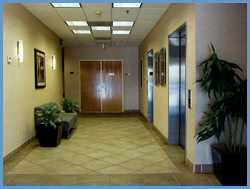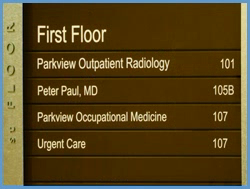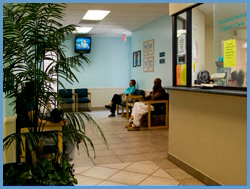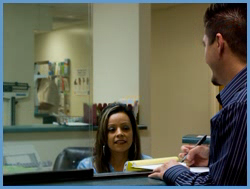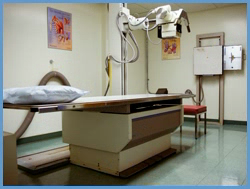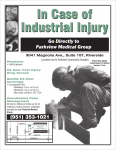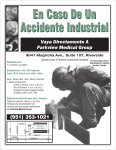Hand Washing
Get the upper hand over germs
We can’t say it enough. Hand washing is by far the best way to prevent viruses and bacteria from spreading — and to keep you and your kids from catching whatever bugs are going around.
How to wash your hands
A little sprinkle of water isn’t going to get rid of viruses and bacteria. Wash thoroughly with soap and water:
- Wet your hands and apply soap.
- Rub your hands together and scrub them, front and back. Don’t forget your wrists and under your fingernails.
- Rinse your hands well under running water.
- Dry your hands using a paper towel or air dryer. If you’re drying with a paper towel, use it to turn off the faucet.
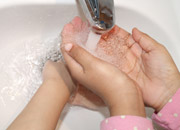
How long should you scrub? About 15 to 20 seconds, about the time it takes to sing “Happy Birthday” twice through. Teach this to your kids — it’s a fun way to get them to wash properly.
How to use gel sanitizers
Can’t get to a sink? Use alcohol-based gel hand sanitizers or hand wipes instead. Carry one or both with you, and keep them in your car or purse. If you’re using a gel sanitizer, you don’t need to use water. The alcohol in the gel kills viruses and bacteria on your hands. Here’s how to use a gel effectively:
- Apply a nickel-size amount of product to the palm of one hand.
- Rub the gel over all over your hands and fingers for about 20 seconds.
- Keep rubbing until your hands are dry.
When should you wash your hands?
During the fall and winter cold and flu season, wash your hands often, and make sure you wash if you’ve come into contact with viruses, such as when:
- you’ve blown your nose, coughed, or sneezed
- someone in your home, or that you’re caring for, is sick
- you’ve come home from school, work, shopping, or a social event
But good hand hygiene will protect you all year round from other viruses and bacteria, too, so don’t forget to wash when:
- you’ve prepared poultry, raw eggs, meat, or seafood, which can carry bacteria that cause food poisoning
- you’ve used the bathroom or changed a diaper, which can expose you to infectious diseases such as salmonella and hepatitis A
- you’ve touched an animal or handled animal waste
- you’ve touched garbage or anything else that could be contaminated, such as a cleaning cloth, drain, or soil
- you’re about to or just finished treating a cut
Travel safe
If you’ve traveled, you know that shuttling from one destination to another involves lots of people and public places, which means exposure to countless viruses and bacteria. That’s why it’s as important to stick to the same healthy habits when you travel that you practice when you’re at home:
- Wash your hands often.
- Use a hand sanitizer.
- Cough or sneeze into a tissue or your elbow.

